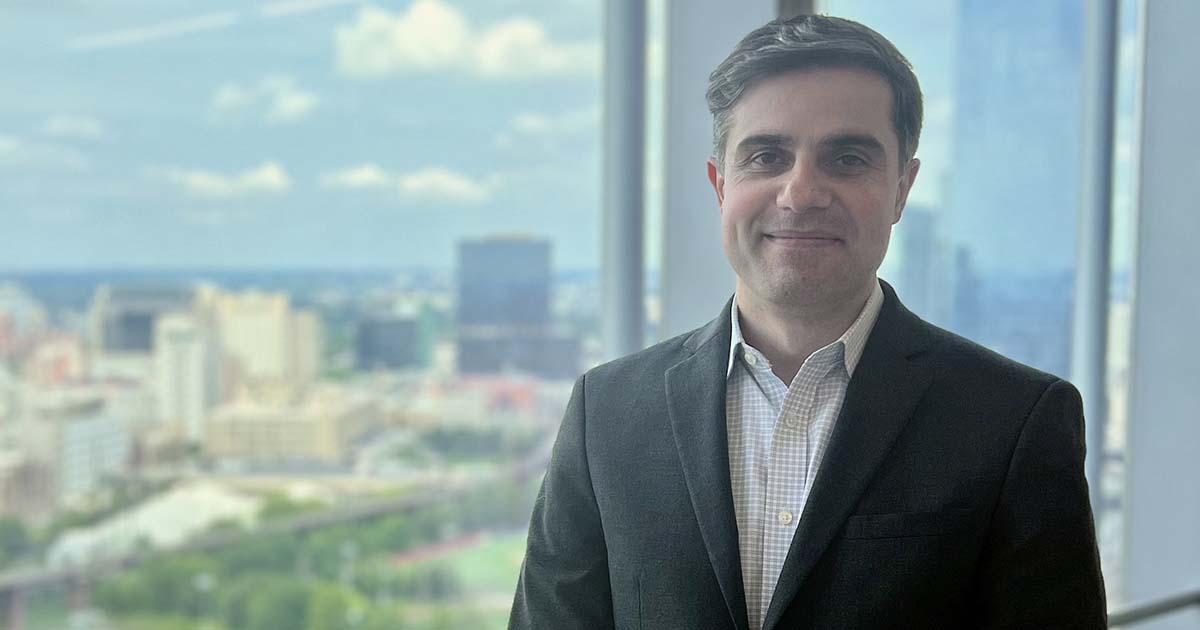
Dr. Robert W. Warren places great importance on the value of mentoring for up-and-coming health IT leaders – aspiring CIOs, CMIOs and other C-suite pros, seeking to work at the top of their game.
Warren retired in 2018 after a long career as chief medical information officer at Texas Children's Hospital and CMIO at the Medical University of South Carolina. He also served as chief of pediatric rheumatology at UNC-Chapel Hill and Baylor College of Medicine.
Now he works part time in the Epic Emeritus Program, offered by the Verona, Wisconsin-based technology giant. While some of the mentoring jobs are Epic-specific – such as at-the-elbow support for providers and leaders during their Epic go-lives – other activities are more generally focused.
When Warren, who holds a PhD in cellular immunology, worked in past clinical IT leadership positions in his professional life, he says he always made mentoring younger staff a central part of his day-to-day work. Now, as Epic Emeritus CMIO, he's able to carry that mission forward more fully.
Healthcare IT News spoke with Warren to have him share some of his mentoring strategies, so other IT leaders can learn from his expertise.
Q. What is your experience as a mentor?
A. As CMIO at Medical University of South Carolina, I led a large informatics medical director group, taught them a lot of informatics, and advised and mentored them individually, particularly in the context of how informatics might fit – or not – into their clinically based careers.
In fact, none of them became CMIOs, but most continued to integrate informatics leadership within their own specialty groups. I mentor now through the Epic Physician Advisory Council Mentoring Program, and mentor and consult via the Epic Emeritus Program. In years past, I taught applied health informatics in the MUSC Health Informatics Masters' Program.
Q. You've used the words "mentor," "consult," "advise" and "teach." What exactly is mentoring? Is it different from these other activities?
A. This is a really important question, because mentoring is similar and related to consulting, advising, coaching and teaching, and all of these are dimensions of "guidance." This is how I describe these roles, though others may have differing definitions.
Mentoring generally is done with a single mentee, sometimes a small, cohesive group. Duration may be short but often is long term. In fact, many of my mentoring roles have lasted years. This work is generally reflective of the mentor's past experience, with discussion topics set by the mentee. That means the topics and focus may be broad or narrow, and may evolve over time.
For example, mentee career path is a common focus for health IT professionals, and the work often is confidential and personal. On the other hand, a mentor's work could be specifically project-based, such as offering insights into building an informatics program or designing an EHR implementation.
But to be clear, it's the mentee's role to chart the path for their organization. The mentor's task is to encourage the mentee to do their own exploration, sometimes suggesting potential paths but without expectation that the mentee follows those paths. Formal evaluation of mentoring effectiveness is possible but unusual. Compensation is variable, depending on time commitment and duration, context and depth.
Meanwhile, consulting work is typically project-based with defined deliverables, often a formal contract between entities, with clear consulting performance metrics including return on investment. Consulting is work paid by engaged role, hours and/or results, generally for a defined period of time.
Advising also typically is one-way like consulting, but more often is informal and uncompensated, or contained within an organizational job role. Unlike the broad expanse that mentoring may cover, advising is generally offering perspectives about a defined topic.
Coaching is about skill development of a single individual or group, and often about a specific set of skills. This is definitely goal-driven work, with the expectation that the coach knows the "right way." Unlike mentoring, coaching is a more unidirectional experience. Professional coaching is generally compensated.
Finally, I think of teaching health IT professionals as formal, compensated work. This includes CIO, CMIO and CNIO Boot Camps, and formal informatics degree programs and fellowships. And it may also be part of a job description, like part of my job as MUSC's CMIO was teaching informatics to my medical directors.
My teaching and mentoring work with them meant our group's health IT informatics insights and direction, like what really needed to be built in our EHR for behavioral health, was much more focused, effective and efficient.
Q. So back to mentoring, when and why should a health IT professional seek a mentor?
A. Healthcare informatics professionals should be looking for a mentor when settling into a new role, if falling "off track" and not meeting current performance expectations, when looking for a promotion, or when seriously considering a major job shift. Health informatics mentees often are early to mid-career, but not necessarily.
Meanwhile, top executive leaders in healthcare organizations should be proactive and supportive – even financially – in encouraging their early career CMIOs, CNIOs, CIOs and other informatics leaders to engage mentors. That said, there are some pro-bono mentoring groups, such as the Epic PAC Mentoring Program, led by Dr. David Bar-Shain.
Q. Who exactly should these mentors be?
A. Generally, health IT mentees should be looking for mentors outside their organization, with significant past or current experience in the same or similar role as the mentee. But sometimes mentors can be internal.
For example, I remember talking with a past department chair about my taking a new job elsewhere. A fatherly figure, he settled in his rocking chair and said, "Bob, go down to the river and toss in stones until you know what you want. But also remember no job is forever – you can always go elsewhere."
Q. What should good health IT mentors do?
A. I have a list. Here we go:
- Help establish clear ground rules for the relationship with the mentee. For example, set meeting times and dates, communicate updates, maintain confidentiality.
- Lose any personal agenda. This is about the mentee's priorities, not yours.
- Be certain your own personal experience and expertise fits with the goals of the mentee.
- Be a guide on the side, not a sage on the stage. Guide the mentee to make their own decisions, not to adopt yours.
- Listen carefully and empathetically. Listen for what the mentee leaves unspoken.
- Inspire the mentee by your example.
- Commit fully to the mentoring relationship.
- Particularly since mentoring conversations may become very deep and personal, develop trust and respect and a professional distance. When asked for feedback, be constructive and honest.
- Step aside and facilitate as appropriate when the mentee needs additional assistance of any kind, or if the mentoring relationship is no longer of value to the mentee.
- Understand and accept that you may never know what impact you've really had as a mentor – it's sort of like ripples in water from a dropped stone.
Q. Any final thoughts on the importance of mentoring in health IT?
A. I hope I've made it clear that mentoring is a privilege and often a selfless yet very fulfilling role. In the larger context, mentoring for health IT professionals like CMIOs, CNIOs and CIOs is critical to the growth and increasing depth and value of our profession.
Follow Bill's health IT coverage on LinkedIn: Bill Siwicki
Email him: bsiwicki@himss.org
Healthcare IT News is a HIMSS Media publication.
WATCH NOW: How can an IT exec become a chief AI officer – and then work with the C-suite


